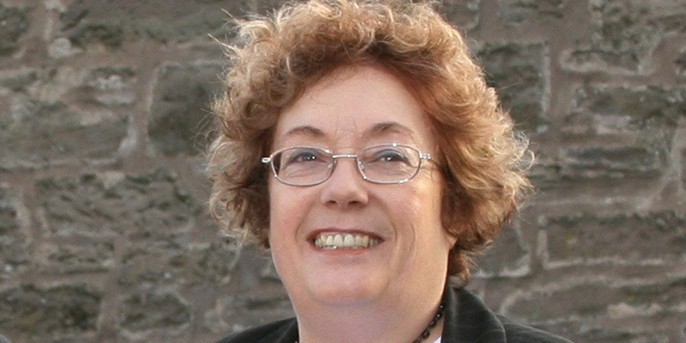A new 12-point pledge for people who need the help of Perth and Kinross Alcohol and Drug Partnership (ADP) will not be a “soft option” for addicts, a councillor has insisted.
The pledge strategy, which will be considered by members of the local authority’s community safety committee, is a starting point in engagement with service users and shifts the focus of support to match the Scottish Government’s new recovery agenda.
The agenda is a switch from the acute long-term medical model of intervention to a more personal support service which helps an addict identify their own strengths and how they can build on them.
It is hoped that this approach will help to nurture family relationships, social networks and employment and educational opportunities for substance misusers, helping them to rebuild their lives and therefore reduce their dependence.
Community safety vice-convener Councillor Elspeth Maclachlan pointed out that the plan should not be viewed as an easy route for users.
“The recovery agenda provides a more holistic approach to dealing with substance misuse issues,” she said. “It will go further with service users and their families than we have done in the past.
“The aim is to shorten the addiction and lengthen the recovery process, instead of providing a simple model of acute medical care.
“It is not a soft option for addicts,” she added. “It hands responsibility for recovery back to the individual, with support from local agencies. This will be part of a change of culture which will involve a broad partnership, including housing, employment and mental health services.
“The recovery of substance misusers is important for the long-term prosperity of our communities and I welcome this positive multi-agency approach.”Feedback pendingThe committee will be asked to examine the 12-point pledge and provide feedback to the ADP. The report will also be considered by the housing and health committee on Wednesday, November 3.
If accepted by the committee, the co-ordinator of Perth and Kinross ADP will report back in six months on developments in recruiting “recovery champions” and setting up “recovery networks.”
The ADP was formed in 2009 in the wake of the Scottish Government’s review of Drug and Alcohol Action Teams.
Its membership is made up of senior representatives from the council, NHS Tayside, Tayside Police and the voluntary sector, and its main purpose is to deliver on the priority themes identified in relation to drug and alcohol services.
